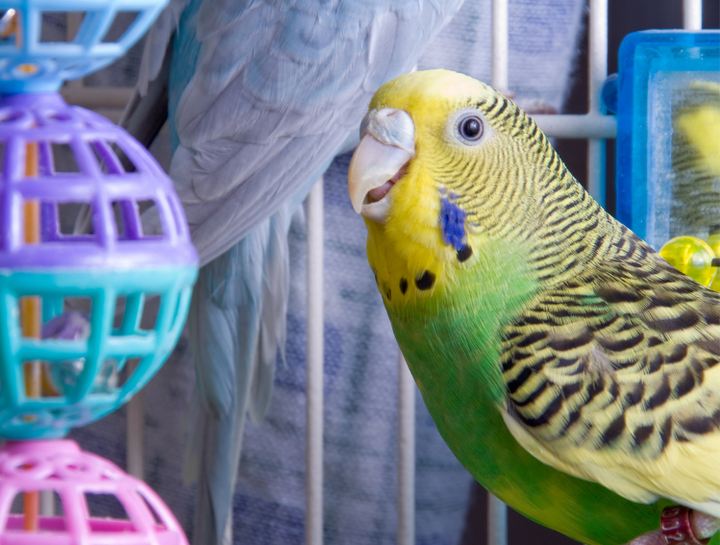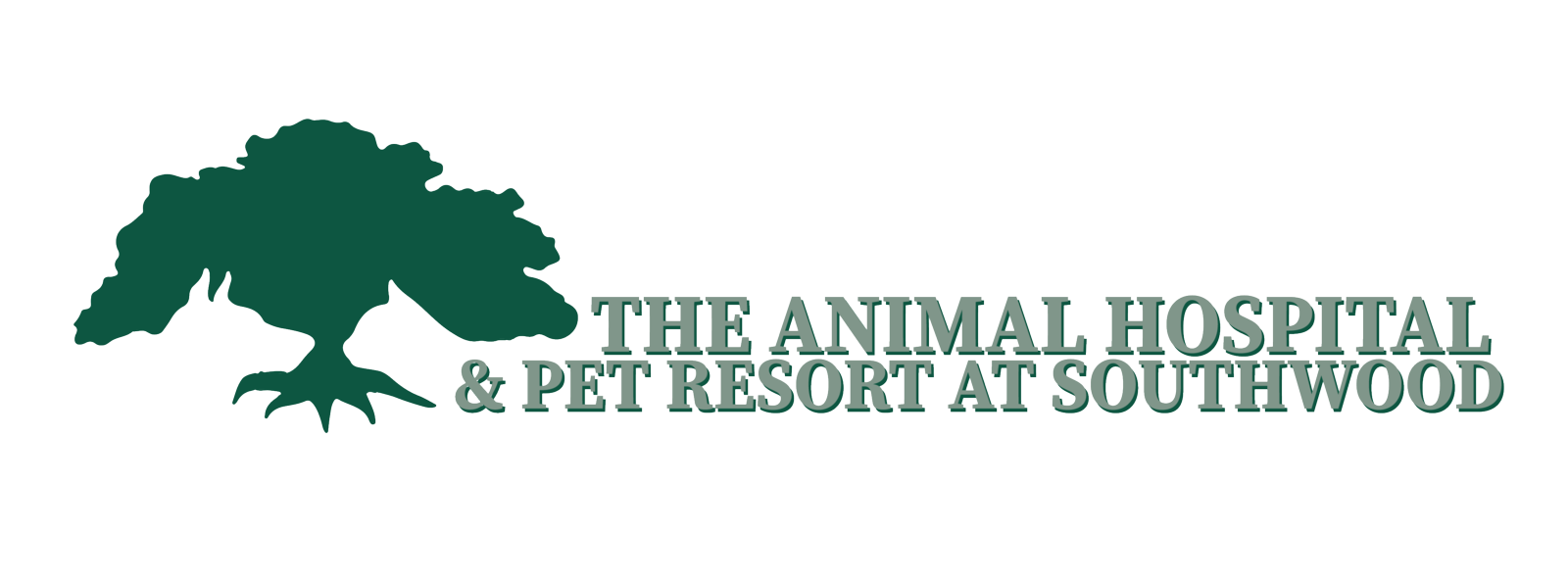Avian Care
Care for flying companions
Many owners are surprised to learn that birds need an initial visit to an avian veterinarian as well as a wellness exam at least once a year. Regular veterinary care is important to your bird living a long, healthy life. Not only do routine visits help prevent illness, but they also allow us to discuss and fine-tune nutrition and husbandry issues, as well as behavior and environmental enrichment considerations.
The most important visit is the first one. As soon as you bring your bird home, please set up a wellness exam. During this visit, the veterinarian will perform a physical examination. This visit includes a discussion on proper feeding, housing, behavior, grooming and care of your new bird. We may also perform various diagnostic tests to determine your bird’s state of health and identify any diseases that require treatment.
What to Expect
Every visit begins with a thorough physical examination. During this exam, the veterinarian will:
- Record your bird’s weight, general appearance and mobility
- Palpate various parts of the bird’s body
- Listen to your bird’s heart and lungs
- Trim wings, nails or beak if recommended
- Note any abnormalities or changes that have occurred since the previous visit
The doctor will also discuss routine grooming of nails, wings, and sometimes the beak. A healthy beak does not need to be trimmed, but it is important to evaluate the beak to prevent problems developing in the future. If we find a potential beak problem, we can trim the beak at the time of your exam. During a beak trim, your veterinarian will remove any excess length and use a dremmel to re-shape the beak back to good working order.
If you wish to keep your bird’s wings trimmed, we can schedule routine grooming two to four times a year. Routine nail trims not only allow for more comfortable perching, but also help prevent your bird getting his or her nails snagged and broken.
Based on the exam findings, we will discuss if additional testing is needed to keep your bird healthy. Common tests include fecal and/or throat swabs, DNA sex determination using a single drop of blood, or comprehensive blood work to test for anemia, calcium deficiencies, liver and kidney function and possible infections. Blood samples are taken with your bird awake and not under anesthesia.
Sex Determination
Do you want to know if your bird is male or female? It is as simple as getting a blood drop from a toe nail. Sex determination could be important to prevent common behavior mistakes and to be aware of any potential problems with the female reproductive tract and egg production. At The Animal Hospital & Pet Resort At Southwood, in Tallahassee, FL, we would love to help take care of your bird. Call us today at (850) 942-6650 to schedule an appointment.

